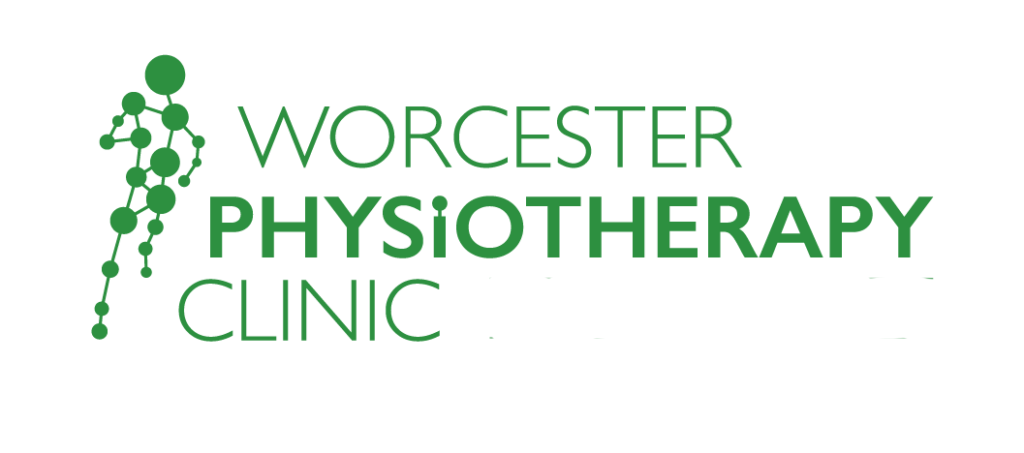As the days grow shorter over the winter months, many people may unknowingly become deficient in an essential nutrient — Vitamin D.
In fact, in some groups (for example ethnic minorities, and over 65’s) as many as 50% of the population may have insufficient Vitamin D levels, which is lowest in Winter and Spring (due to limited sunlight exposure).
While it’s widely known for supporting bone health, Vitamin D also plays a vital role in muscle function, immune response, and tissue repair — all of which are crucial to recovery following exercise or injury.
For those recovering from injury, ensuring adequate vitamin D levels can make a significant difference in outcomes, in particular the risk of re-injury and speed of which you can recover.
The Link Between Vitamin D and Injuries
Vitamin D helps the body absorb calcium and phosphorus, minerals essential for maintaining strong bones. A deficiency in vitamin D can lead to bone density issues in adults, leading to increased risk of fractures, delayed healing, and chronic pain.
Low levels of vitamin D have also been linked to:
- Muscle weakness, particularly in the hips and thighs
- Increased risk of falls in older adults
- Slower recovery from soft tissue injuries like strains and sprains
- Chronic conditions such as osteoporosis, arthritis, and fibromyalgia
Why Winter Increases the Risk
The body synthesises vitamin D when skin is exposed to UVB rays from sunlight. During the winter months, especially in northern regions, UVB exposure is significantly reduced. Even on sunny days, people are often covered in warm clothing, limiting the skin’s ability to produce vitamin D naturally.
This makes winter a high-risk season for deficiency, particularly for:
- Individuals with darker skin
- The elderly
- Those who spend most of their time indoors
- People with chronic musculoskeletal issues
How Supplementation Can Help
While dietary sources like oily fish, egg yolks, and fortified foods contribute to vitamin D intake, they may not be enough to maintain optimal levels during winter.
For many people — especially those in active rehabilitation — a Vitamin D supplement may be beneficial. Supplementation has been shown to:
- Improve muscle strength and function
- Reduce inflammation, aiding tissue repair
- Enhance recovery from injuries like tendinopathies or fractures
- Support bone density and lower fracture risk
For most healthy adults, a dosage of 1000IU/25mcg is a safe level of Vitamin D to supplement. However, it’s always best to consult with a GP or Healthcare provider for appropriate dosing and testing, particularly if you have underlying health conditions.
Supporting Your Recovery, Holistically
At our clinic, we understand that optimal recovery goes beyond manual therapy and exercise — it includes nutrition, lifestyle, and education. If you’re recovering from an injury or managing chronic pain, speak to one of us about whether vitamin D supplementation could support your treatment plan this winter.
Your body does the hard work of healing — we’re here to help it perform at its best.
